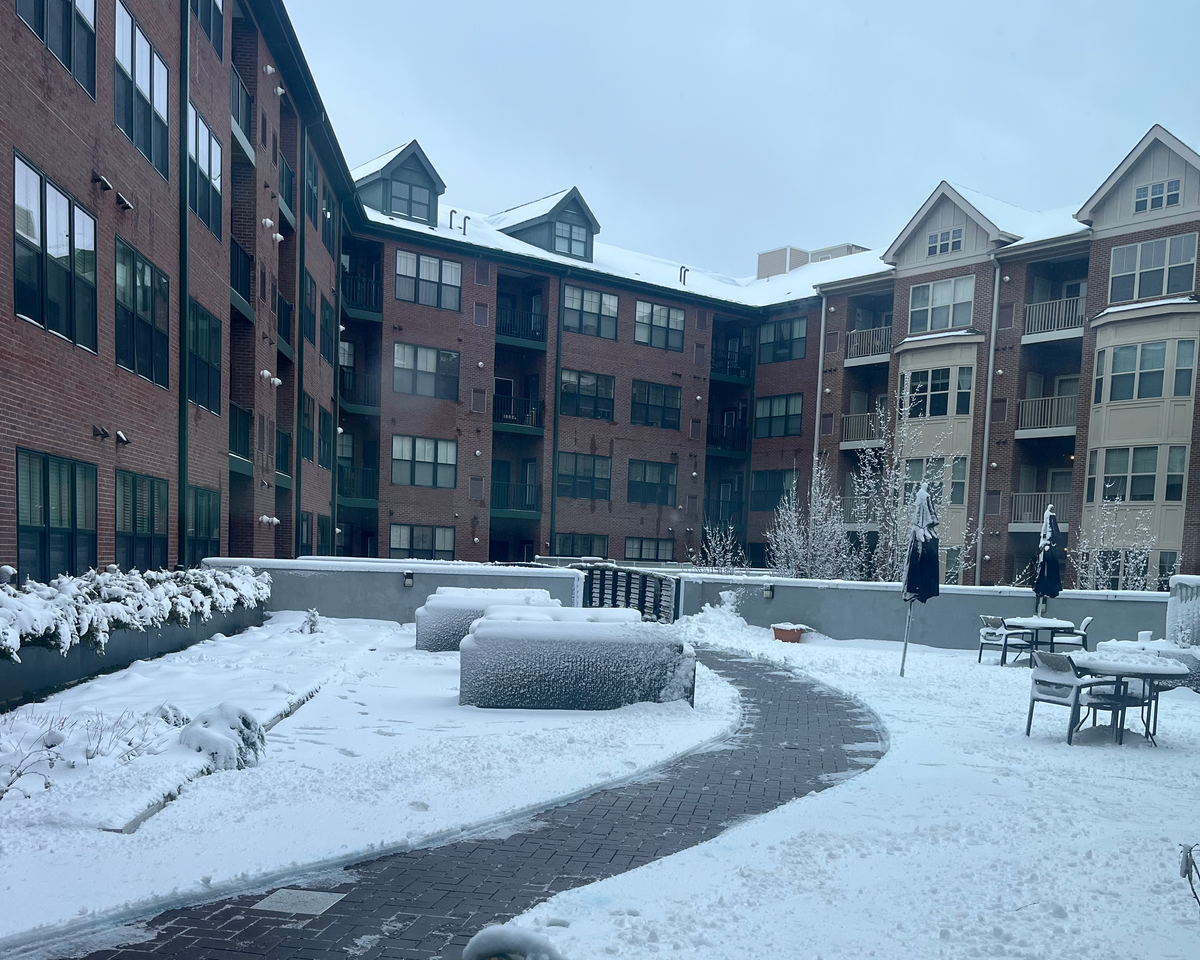Chris Giolitto: Why You Can't Afford a Home in Fairfield County
Local realtor Chris Giolitto shares his insights into the Fairfield County housing market.

The housing market has been headline news for three years now. Covid came and the housing market stopped dead in its tracks. Then there were stories of 10-20 offers on homes for sale, with closing prices being 20% over the asking price.
This past September, as mortgage interest rates rose dramatically, the news abruptly switched to headlines about the impending market crash.
Which brings us to today. Where’s the crash? Prices in Fairfield County are still rising even as interest rates remain volatile.
Why has this continued in Fairfield County while other parts of the country like Austin, Phoenix, and San Francisco are all seeing major price declines?
Supply/Demand
As of late February, Norwalk, to use one example, has 61 homes for sale and there are 1.9 months of supply. A balanced market has around 6 months of supply. In our last balanced market, January 2020, there were 496 homes for sale in Norwalk. That’s a more than 85% drop in inventory.
Interest rates have pushed some buyers to pause their search, but demand since January 2020 has only dropped about 20%. The supply/demand imbalance is still the greatest factor driving our area's rise in home prices.
Interest Rates
Rates have more than doubled since their lows of 2.7% in 2021.
So how does this affect monthly payments for homes?
If you take the average cost of a home in Norwalk, $685,000, and apply a 20% down payment, you’re left with a loan of $548,000. With a 3% interest rate, the estimated payment would be $3,028. If we bump the interest rate to 6.5%, the mortgage payment is now roughly $4,182. The affordability gets worse if the down payment is smaller because the loan amount increases. The average first-time home buyer makes a 6% down payment, while the average repeat buyer has a 13% down payment.

Why It LIKELY Won’t Change
First, here’s how it could change: unemployment. If unemployment rises dramatically and forces homeowners to sell, we could see a movement toward balance in the market. The caveat here is that the banks set precedence during Covid with forbearance programs, which allowed homeowners to defer payments on their mortgages for up to 18 months. Would those come back?
Back to why the market likely won’t change. All indications are that rates will drop this summer into the mid to high 5% range. As buyers get used to the new “normal” they will return in full force as renting becomes more expensive and people are fed up with paying their landlord's mortgage. In fact, we have already seen this happen in February as homes are getting 10-15 offers again.
Over two-thirds of homeowners in the United States have a mortgage interest of less than 4%. Think about that for a moment. Many buyers are finding that if they are looking to upgrade in home size for growing families that their mortgage payment may double, having to buy a larger, more expensive home with a higher rate. This is scaring off many would-be sellers, keeping inventory at all-time lows.
Finally, we don’t have enough empty, suitable land to build the number of homes needed to help alleviate the supply issue. Even as some owners subdivide their lots, the need is far greater than any number of possible subdivisions. There would need to be drastic zoning changes in towns like Wilton, Weston, Easton, New Canaan, and North Stamford to allow smaller lots to be created. Zoning laws in these towns have a minimum lot size requirement, which prevents big opportunities for new builds.
There is an adage used by real estate investors: “Don’t wait to buy real estate, buy real estate and wait.”
I can hear this running in your head now, “Of course a realtor would say something like that, they just want the business, scam artists.”
No person can time the market; if they do, there was luck involved. Real estate, if played out over a long period of time, always appreciates. For example, the average price of a home in Norwalk in 2003 was $412,000. Now it’s $686,000.
When Is It Time For You To Buy?
Timing varies for each individual or family. There are a few guidelines that will help you determine the best time to buy for your needs:
1. Do you have money saved for a down payment? Contrary to popular belief, you need as little as 3%, with some specialty mortgages requiring 0% down payments.
2. Are you living in an area where you will remain for 5+ years?
3. Are you tired of paying your landlord’s or management company’s mortgage?
4. Are you ready to invest in your future?
5. Can you afford the monthly payments? This is where working with a local mortgage lender can help you fine-tune your budget.
It will likely take years before we move towards a balanced market again. The question really becomes, do you continue to wait in hopes of a drop or do you purchase as soon as you’re ready and ride any waves of future instability in the market, knowing that in the long run, your asset will appreciate and you’ll be growing your net worth?
